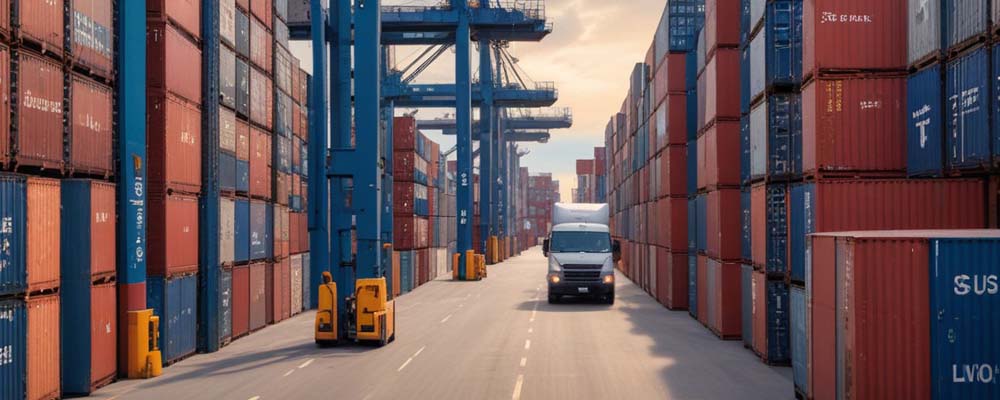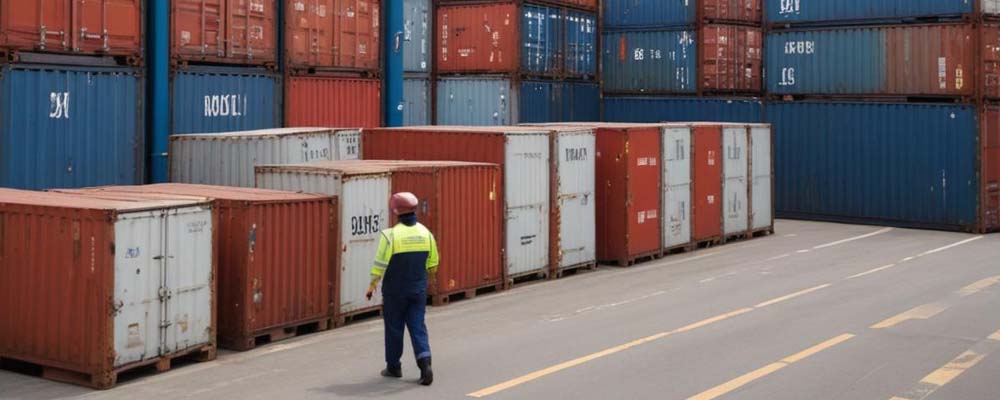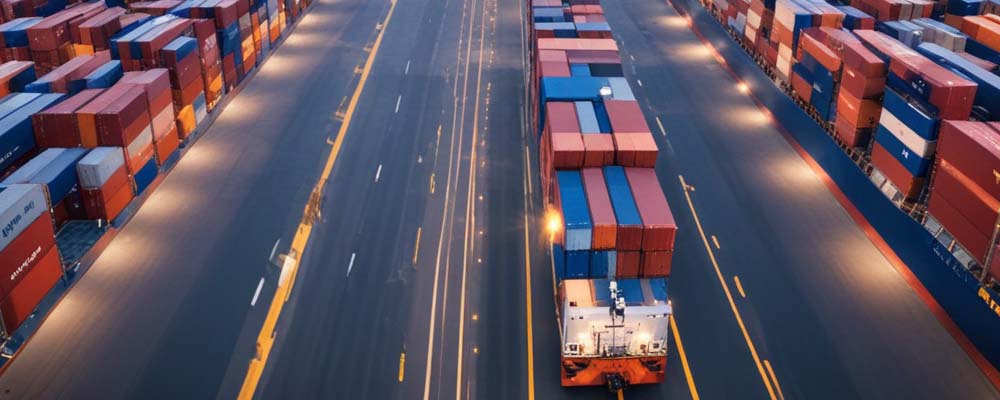 In today’s interconnected global marketplace, international shipping is essential for businesses aiming to expand beyond their domestic boundaries. However, the complexities of customs regulations can present significant challenges. This guide aims to clarify the crucial elements of customs regulations for international shipping, assisting businesses in adhering to the rules and preventing costly delays.
In today’s interconnected global marketplace, international shipping is essential for businesses aiming to expand beyond their domestic boundaries. However, the complexities of customs regulations can present significant challenges. This guide aims to clarify the crucial elements of customs regulations for international shipping, assisting businesses in adhering to the rules and preventing costly delays.
 Importance of Understanding Customs Regulations
Importance of Understanding Customs Regulations
Customs regulations are pivotal in international trade, serving as a framework for controlling the flow of goods across borders. They ensure that goods entering or leaving a country comply with its laws and standards, including safety, health, and environmental protections. Understanding these regulations is crucial for businesses to:
- Avoid Legal Penalties and Delays: Ensuring compliance helps prevent disruptions that can affect delivery timelines and lead to fines.
- Maintain Good Standing with Customs Authorities: This is vital for smooth operations and building trust with international partners.
- Optimize Shipping Strategies and Costs: Effective navigation of customs regulations can lead to significant cost savings and more efficient logistics planning.
 Key Components of Customs Regulations
Key Components of Customs Regulations
1. Tariffs and Duties: Tariffs and duties are taxes that are imposed on goods as they cross international borders. The rates of these taxes can vary significantly, influenced by factors such as the type of product, its value, and its country of origin and destination. Consequently, it is essential for businesses to understand these costs well in advance. This knowledge allows them to budget more accurately and explore potential cost-saving measures, such as qualifying for exemptions or taking advantage of beneficial trade agreements.
2. Documentation and Compliance: Accurate and complete documentation is crucial for smooth customs clearance. Essential documents include:
- Commercial Invoice: Provides a detailed transaction record.
- Packing List: Enumerates all items in the shipment.
- Bill of Lading: Serves as a receipt and contract between the shipper and carrier.
- Country-Specific Forms: Various additional documents required by the destination country.
Inaccuracies in these documents can lead to delays, fines, or the seizure of goods, making precision and thoroughness key.
3. Restricted and Prohibited Items: Each country has its own list of restricted or prohibited items that cannot be imported or exported. These can range from certain foods and drugs to hazardous materials and counterfeit goods. Businesses must be aware of and comply with these restrictions to avoid legal issues.
4. Intellectual Property Rights (IPR): Customs also enforces intellectual property laws. Shipping counterfeit goods can lead to significant penalties, including fines and confiscation of goods. Ensuring that your goods do not infringe on IPR is critical.
5. Environmental and Health Regulations: Many countries have regulations designed to protect the environment and public health. These can include restrictions on the import of chemicals, agricultural products, and other goods that could pose a risk.
 Strategies for Navigating Customs Efficiently
Strategies for Navigating Customs Efficiently
1. Work with Experienced Logistics Partners: Partnering with experienced freight forwarders and customs brokers can provide invaluable guidance and streamline the customs clearance process. They understand local regulations and can help resolve issues that may arise during shipping.
2. Leverage Technology: Utilizing technology solutions like automated data entry tools and customs management software can reduce errors and speed up the documentation process. Many of these tools are integrated with customs databases, ensuring compliance and quick updates on regulation changes.
3. Stay Informed: Regulations often change, and ignorance is not considered a legitimate excuse under the law. Consequently, businesses must keep themselves informed about international trade laws and actively participate in related training and seminars to ensure compliance with customs regulations.
4. Plan for Inspections: Customs inspections are a standard part of international shipping. Planning for these inspections by ensuring easy access to all required documents and facilitating inspections can prevent delays.
5. Maintain Good Records: Keeping detailed records of all shipments, documents, and communications with customs authorities is essential. This not only helps in resolving disputes but also in refining the shipping process over time.
Additional Tips for Managing International Shipments
Plan for Extra Time
International shipments can face delays due to various reasons, including customs holds. Planning for extra time in the shipping schedule can mitigate the impact of unexpected delays.
Understand Incoterms
International Commercial Terms, or Incoterms, define the responsibilities of buyers and sellers in international transactions. Understanding these terms helps clarify shipping responsibilities and reduces confusion.
Evaluate Insurance Options
Shipping insurance is crucial for protecting against loss or damage during transport. Evaluating different insurance options and choosing the right coverage can save a lot of trouble and expense in the long run.
Build Relationships
Developing good relationships with everyone involved in the shipping process, from brokers to local customs officials, can facilitate smoother transactions and help resolve issues more efficiently.
 Conclusion
Conclusion
Navigating customs regulations is a critical aspect of international shipping that can significantly impact your business’s operational efficiency and bottom line. By understanding and complying with these regulations, businesses can enhance their global trading capabilities, avoid legal complications, and build a reliable reputation in international markets. Therefore, investing time and resources into mastering customs regulations is not just necessary—it’s a strategic business advantage.
Furthermore, navigating customs doesn’t have to be complex. With the right knowledge and preparation, your business can thrive in the global marketplace.




 Importance of Understanding Customs Regulations
Importance of Understanding Customs Regulations Key Components of Customs Regulations
Key Components of Customs Regulations Strategies for Navigating Customs Efficiently
Strategies for Navigating Customs Efficiently Conclusion
Conclusion



